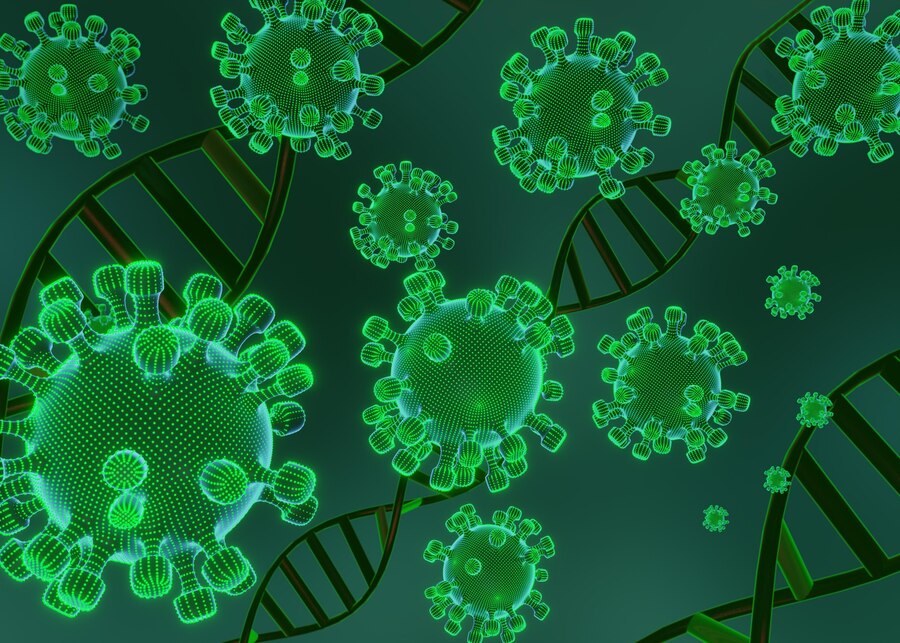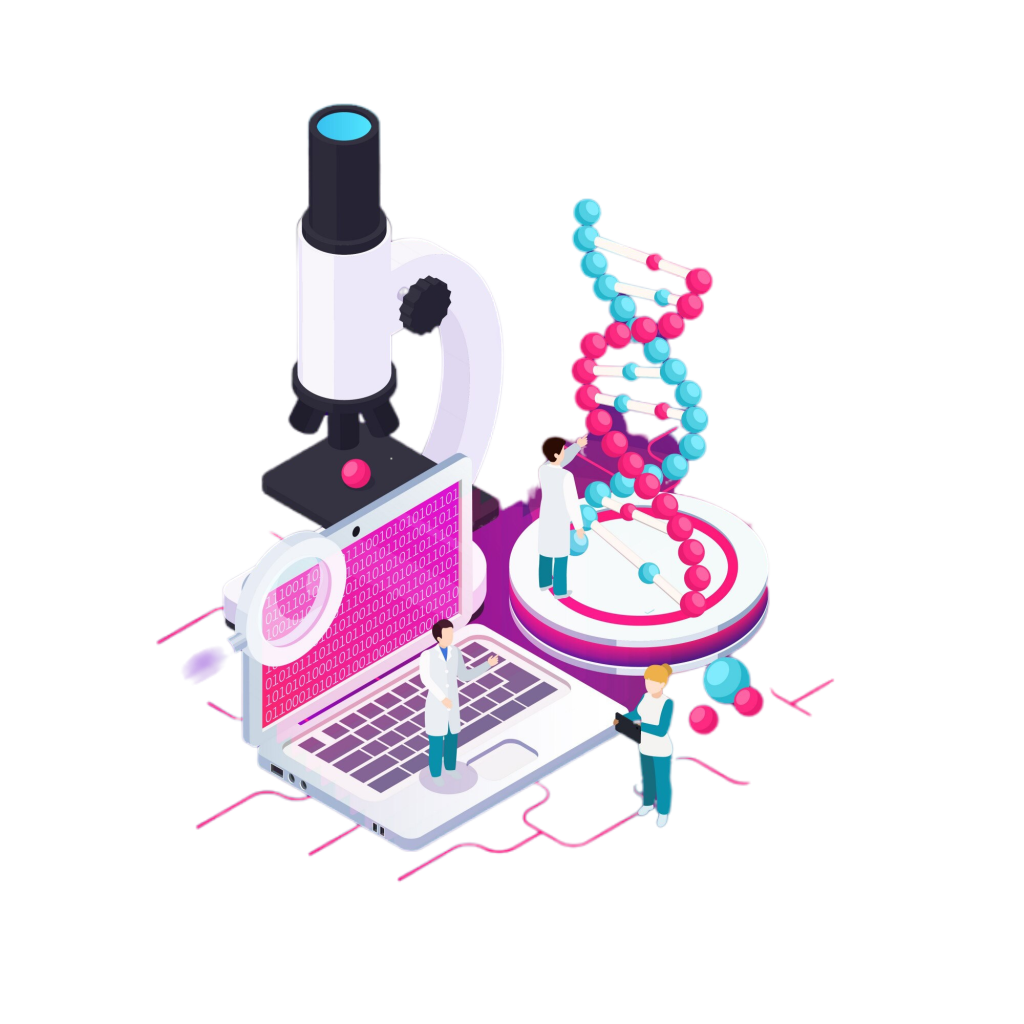Get Precise Services:
Biochemistry


Advanced Service Lab
Biochemistry is the branch of science that explores the chemical processes within and related to living organisms. It is a laboratory-based science combining biology and chemistry, utilizing chemical knowledge and techniques to help understand and solve biological problems.
Fundamental in Biochemistry:
Concepts
Biomolecules
- Proteins: Made up of amino acids, proteins perform a wide variety of functions including catalyzing metabolic reactions (enzymes), DNA replication, and transporting molecules.
- Carbohydrates: These include simple sugars and complex polysaccharides. They are primary sources of energy and are involved in structural components of cells.
- Lipids: These are fats and oils that store energy, form cell membranes, and act as signaling molecules.
- Nucleic Acids: DNA and RNA are vital for storing genetic information and protein synthesis.
Enzymes
- Catalysis: Enzymes speed up chemical reactions without being consumed in the process.
- Regulation: Enzyme activity is tightly regulated through mechanisms like feedback inhibition and allosteric regulation.
Metabolism
- Catabolism: The breakdown of molecules to produce energy.
- Anabolism: The synthesis of all compounds needed by cells.
Genetic Code and Protein Synthesis
- DNA Transcription: DNA is transcribed into RNA.
- RNA Translation: RNA is translated into proteins by ribosomes.
Techniques
Chromatography
- Used for separating mixtures of substances into their individual components. Techniques include gas chromatography (GC) and liquid chromatography (LC).
Spectroscopy
- Techniques like UV-Vis spectroscopy, NMR, and mass spectrometry are used to identify and quantify biomolecules.
Electrophoresis
- Method for separating macromolecules like DNA, RNA, and proteins based on their size and charge.
Western Blotting
- Technique used to detect specific proteins in a sample using antibody binding.
PCR (Polymerase Chain Reaction)
- Technique to amplify DNA sequences, making millions of copies of a specific DNA segment.
Key Pathways
Glycolysis
- The process of breaking down glucose to produce ATP, the energy currency of the cell.
Krebs Cycle (Citric Acid Cycle)
- A series of chemical reactions used by all aerobic organisms to generate energy through the oxidation of acetate.
Oxidative Phosphorylation
- The production of ATP using the energy derived from the transfer of electrons in the electron transport chain.
Photosynthesis
- The process by which green plants and some other organisms use sunlight to synthesize foods from carbon dioxide and water.
Clinical
Blood Chemistry Tests
- Tests such as glucose, cholesterol, and enzyme levels in blood to diagnose and monitor diseases.
Hormone Assays
- Measurement of hormone levels to diagnose endocrine disorders.
Tumor Markers
- Substances, often proteins, produced by cancer cells or by the body in response to cancer.
Metabolic Panels
- Comprehensive metabolic panel (CMP) and basic metabolic panel (BMP) to assess overall health and organ function.
Applications
Medical Diagnosis and Treatment
- Understanding the biochemical basis of diseases and developing drugs to target specific biochemical pathways.
Agriculture
- Enhancing crop yield and resistance to pests through biochemical techniques.
Biotechnology
- Using microorganisms for the production of antibiotics, hormones, and other valuable substances.
Environmental Science
- Biochemical methods to monitor and clean up environmental pollutants.
Recent Advances
CRISPR-Cas9
- A revolutionary gene-editing technology allowing precise modifications of the DNA in living organisms.
Metabolomics
- The study of metabolites, providing insights into the metabolic status of an organism.
Synthetic Biology
- Designing and constructing new biological parts, devices, and systems.
Proteomics
- Large-scale study of proteins, particularly their structures and functions.
Future Directions
Understanding Complex Systems
- Deciphering the interactions and functions of all biomolecules in an organism.
Translational Research
- Applying findings from basic biochemistry research to clinical and therapeutic applications.
Personalized Medicine
- Developing individualized treatment plans based on a patient’s biochemical profile.
Sustainability
- Leveraging biochemical processes for sustainable development and addressing global challenges like climate change and food security.
